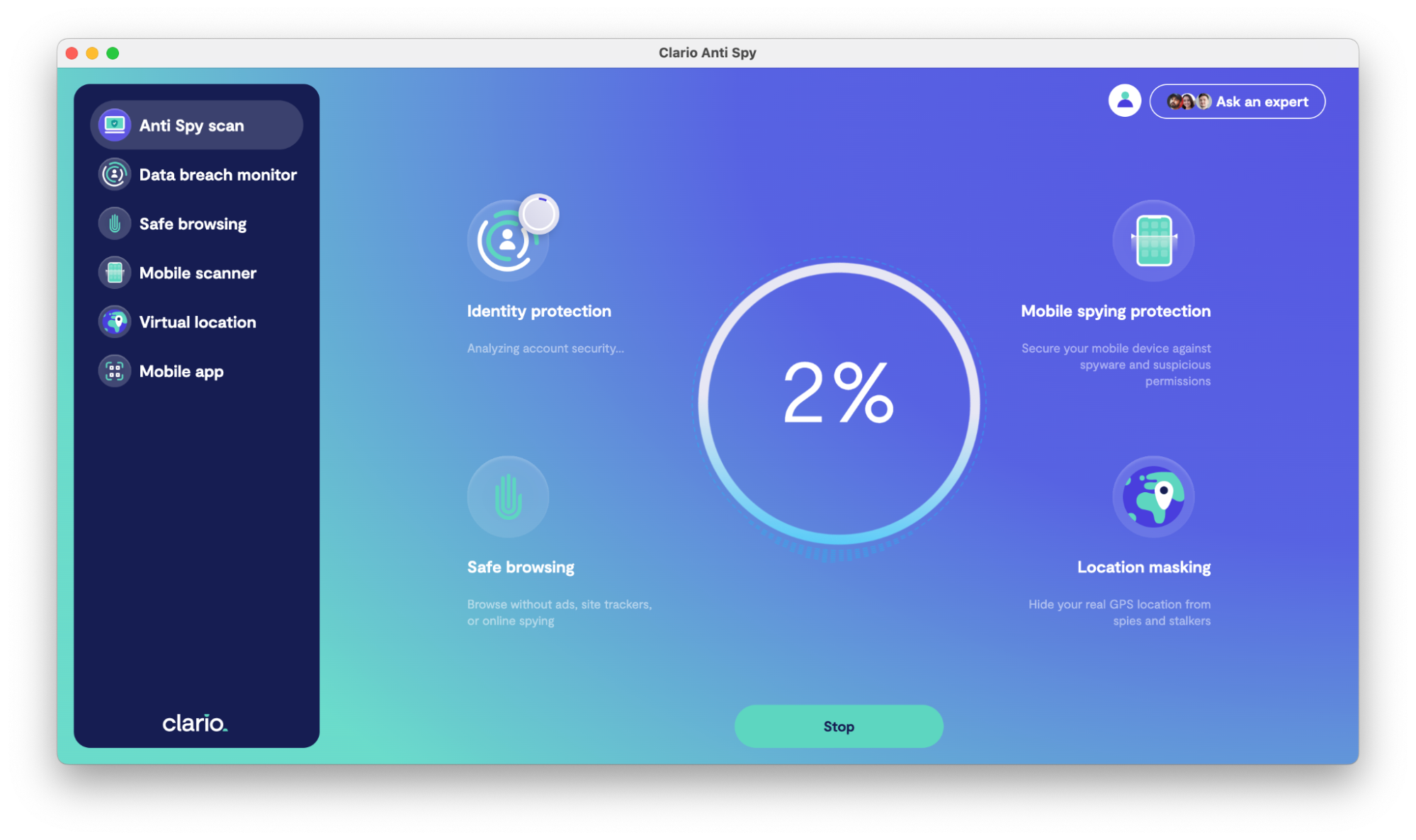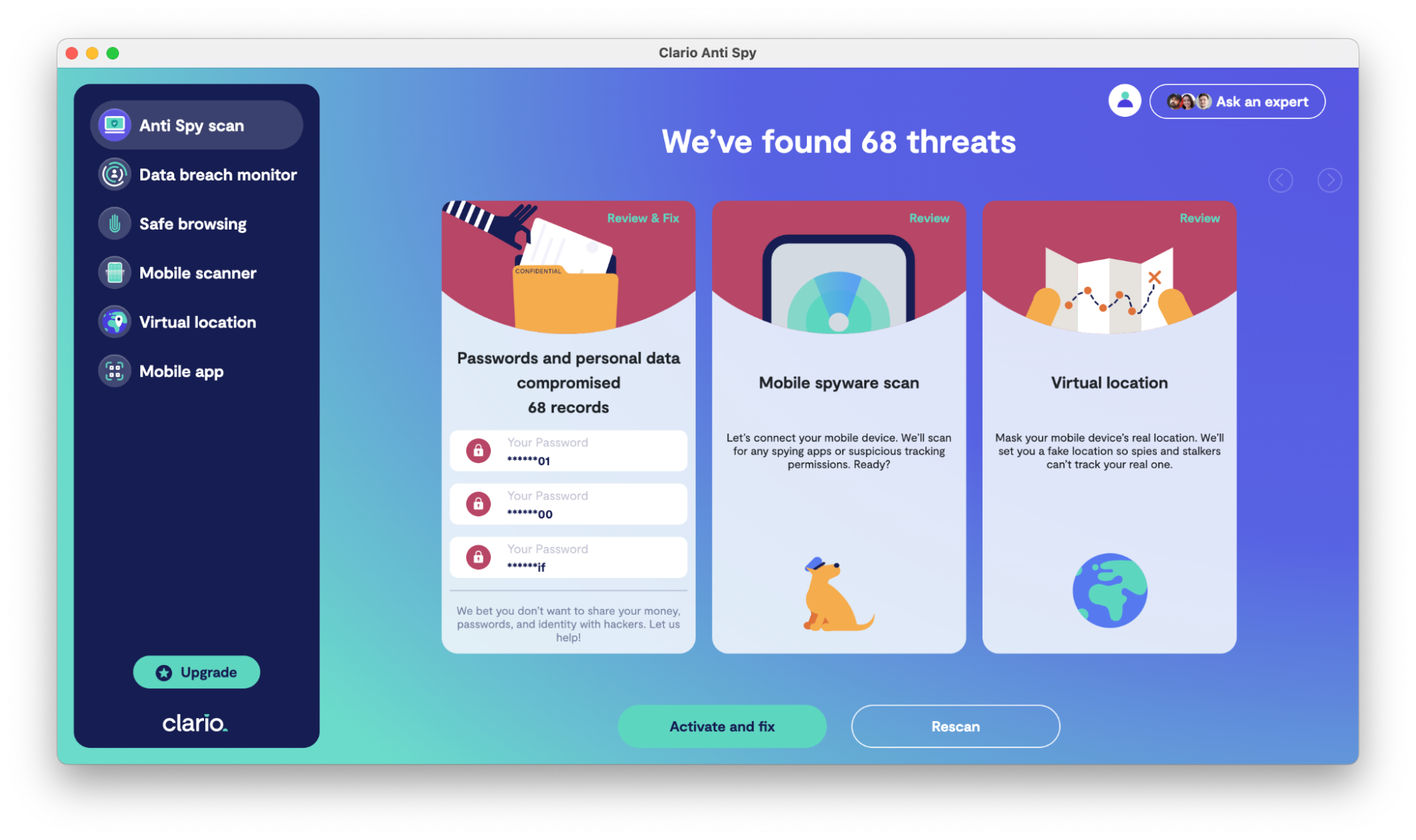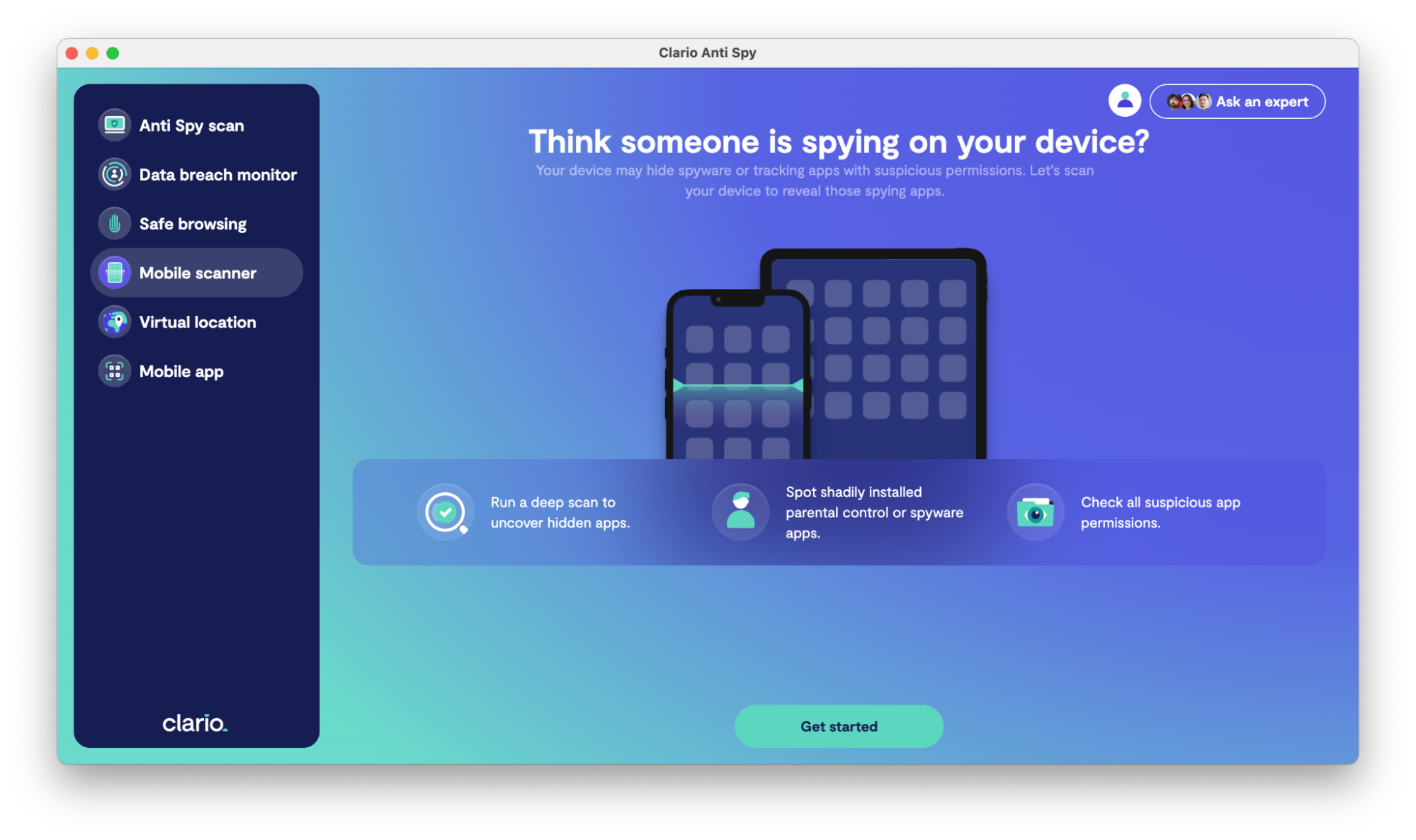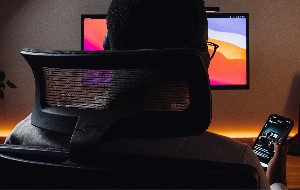Table of contents
- Can CPS watch your house?
- Can CPS follow you around?
- Can CPS tap your phone?
- Can CPS get your phone records?
- What to do if CPS is investigating you
- Conclusion
Can CPS watch your house?
Yes, during an investigation, if it is a public street, CPS can watch your house to understand who the child is around at home. They can visit your home without a court order or warning. Visits can happen throughout the day, including in the evening, but they tend to occur during regular working hours.
The CPS cannot force their way into your home unless they have a court order or they believe that a child is in immediate danger. You don’t have to welcome them into your home, and your child cannot let them in either—they must get permission from someone who’s 16 or older—but it may be in your best interests to allow CPS to enter your home to avoid raising further suspicion.
It’s a myth that CPS puts cameras in your house or watches individuals using drones. However, CPS can look around your home once you’ve allowed them to enter. They cannot search through your personal belongings unless they have a warrant, but they can observe and make note of things like the quality of your child’s living conditions and if there are any signs of potential risk.
It’s also important to note that CPS can meet with your children without you present—and without your consent, which typically happens when they are at school or in another safe and suitable place. In fact, it’s common for CPS to speak with children to get their feedback before contacting parents, which ensures a parent’s presence doesn’t influence their comments.
Can CPS follow you around?
No, CPS does not have permission to follow you around.
Not only are they not authorized to do this, but CPS simply does not have the resources to monitor every individual they are investigating.
It is common for CPS to work alongside other professionals, including the police, to conduct investigations. They typically get the police involved when they suspect that a child may be in danger or at risk of abuse or when they need support to remove a child from a potentially dangerous home.
If you’re worried CPS may be watching your digital devices, you can perform a simple scan to ensure they’re free from hidden spyware. Here’s how:
- Download Clario AntiSpy desktop and get a subscription to create an account.
- Click Anti Spy scan and wait for Clario AntiSpy to scan your computer for cyber threats.

3. If found, follow the on-screen instructions to fix the threats.

4. Make sure to scan your mobile, too. Click the Mobile scanner and follow the on-screen prompts.

Can CPS tap your phone?
Phone tapping is considered an invasion of privacy, so courts demand a valid reason to be able to issue a warrant. CPS has no authority to tap your phone or listen to your calls without a court order or your consent. Usually, they have no resources to do surveillance anyway.
It’s important to note that, unlike criminal investigations, those carried out by CPS don’t tend to involve surveillance. It’s in their interests to ensure that a child is safe and properly cared for, but they use other methods—such as interviews and reports—rather than spying to find answers.
There are very strict surveillance laws designed to protect U.S. citizens, so although we know that the government can spy on us under certain circumstances, it’s not a simple process. It’s even more complicated when we look at employers since they often provide computers and other devices for us to use at home.
Much like CPS, employers cannot hack into your personal devices or follow you around—that’s illegal. But thanks to software installed on computers and smartphones that you use for work, your employer can spy on you at home to ensure that you are working when you should be and that you’re not using corporate devices for unauthorized activities.
Can CPS get your phone records?
The short answer is no. If you’re concerned the CPS gets your phone records, there’s no need. As is usually the case with call logs, CPS and other agencies cannot obtain them without a court order or your consent. To do so is an invasion of privacy that courts don’t allow.
One thing you should bear in mind, however, is that CPS does have the right to record phone conversations. This means that any interactions you have with representatives of CPS by telephone are probably stored and could play a part in the investigation at some point.
With this in mind, it’s vital you secure legal representation or advice if you’re under investigation by CPS. Anything you say during a meeting or call can be used against you during proceedings, so it’s helpful to understand what you should and shouldn’t disclose to investigators. You don’t want to accidentally say something that lands you in trouble.
How can CPS get a warrant?
Generally speaking, CPS can’t obtain warrants to search your property—either physical or digital—but they have to work with police to have them carry out a search. Alternatively, they can obtain court orders for certain purposes, like removing your children from your home.
Common reasons why CSP might ask for a search warrant include:
- Physical violence
- Drug use
- Sexual abuse
- Abandonment and neglect
- Environmental danger.
What to do if CPS is investigating you
If you suspect CPS is investigating you, the first step is to contact a lawyer, preferably one specializing in family or divorce cases. They will guide you through every step of the process and make you aware of your rights. Here are some other steps you should take:
- Approach all CPS cases seriously, even if the claims against you are completely false. Don’t ignore what’s happening; find out what charges you’re facing, which CPS must tell you.
- Once you have legal support, start planning how you will deal with CPS. A strong defense often determines whether the outcome will be a good or bad one.
- Remember that you have rights, including the right to remain silent. Although you should never challenge CPS agents with hostility, you aren’t compelled to interact with them before you have consulted with an attorney. Don’t allow investigators to search your home without a warrant, and don’t give them permission to access personal devices, like your smartphone.
If you’re worried someone is spying on you, there are steps you can take to bolster your privacy and security online. Clario AntiSpy can scan your smartphone to uncover hidden spyware, which can monitor your activities, record your conversations, and track your location. Removing spyware from your personal devices is crucial when it comes to protecting yourself.
Conclusion
If you’re under investigation by CPS, don’t panic. Be aware of what CPS agents can and can’t do by law, which we’ve outlined in this guide, and take appropriate steps to protect yourself and your family. In addition to seeking legal representation, it’s important to know your rights regarding your personal property and information in the interests of privacy and security.
Use Clario AntiSpy to protect your smartphone and other devices from spyware that can monitor and record your activities, and be aware of what to dial to see if your phone is hacked. These precautions can help you ensure that investigators cannot illegally obtain evidence they can later use against you.


